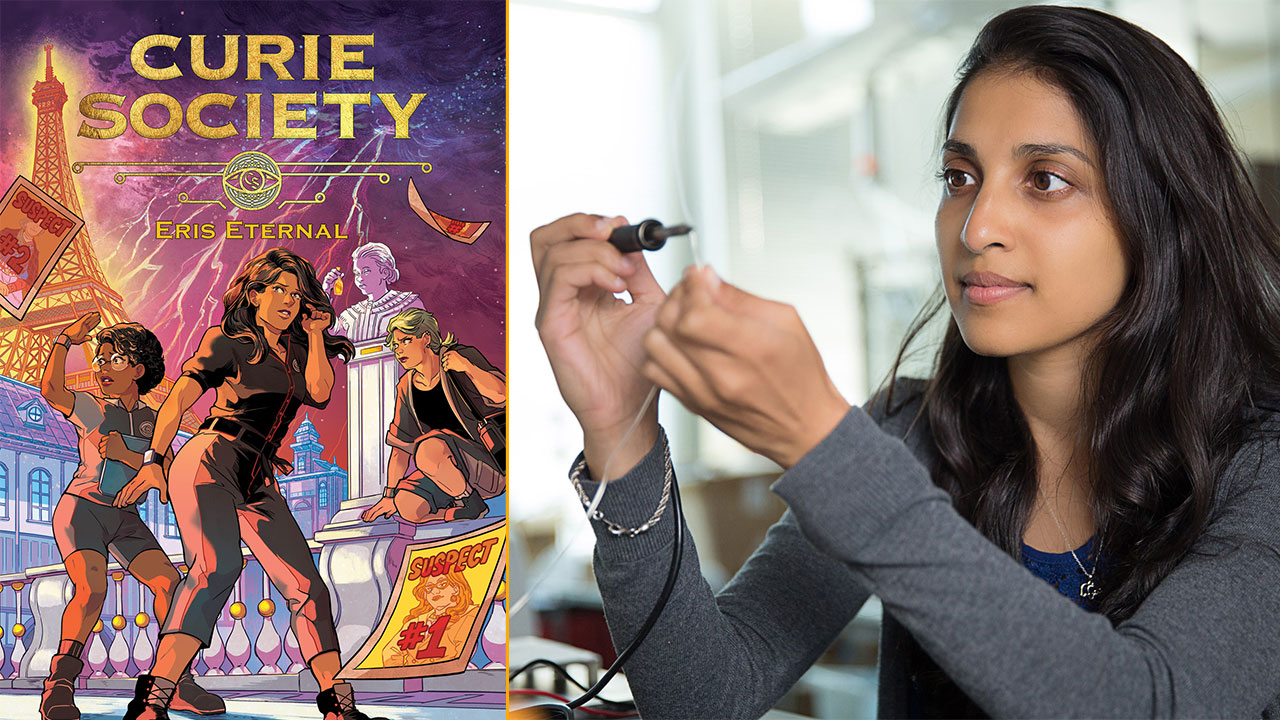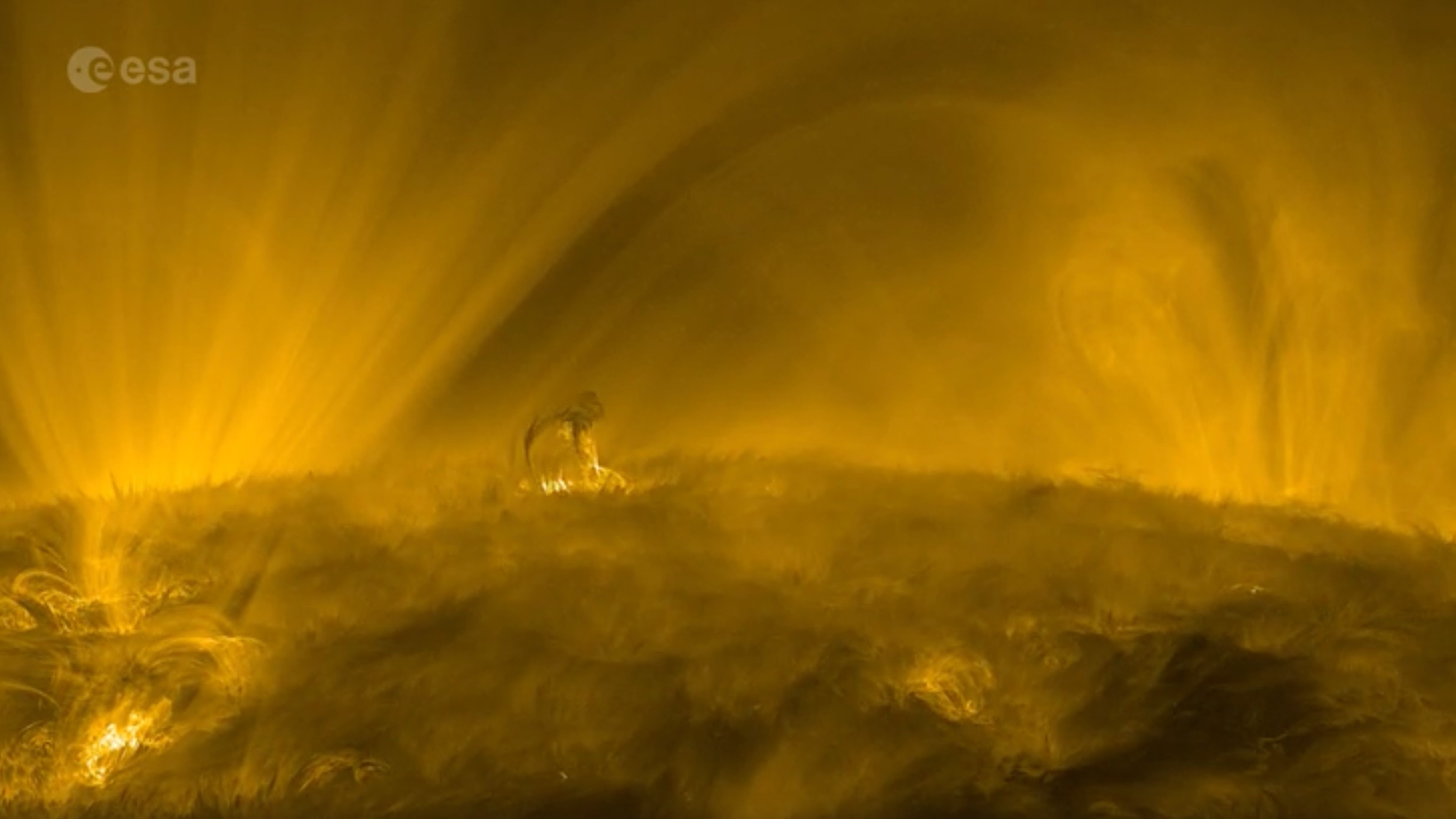Laws, Vol. 13, Pages 25: Human and Divine Law at the Secular University: The Divide between Classical Liberalism and Post-Classical Liberalism
Laws doi: 10.3390/laws13030025
Authors: Owen Anderson
The American university has been guided by classical liberalism in its defense of the freedom of speech and academic freedom. The idea is that a university is a place where all ideas and perspectives can be debated. However, this idea is increasingly being challenged by those who want the secular university to be a place that advances a social philosophy that promises to transform society by dismantling structural racism and providing for greater equity. In this article, I will argue that both of these models have been shaped by democratic legal ideals and both share a common skeptical assumption about the basic questions of meaning that each person must answer. The legal structures developed by Westphalian modernity attempt neutrality on questions about meaning. This can be seen even in recent Supreme Court decisions affirming the individual’s right to determine meaning for themselves. This skeptical root has produced the conflict between classical liberals and the social transformation that we are witnessing at our universities. I argue for a third option that I find in the Declaration of Independence, which affirms that we can and should know the answers to basic questions which then provide the foundation for education and law.

 1 week ago
19
1 week ago
19


